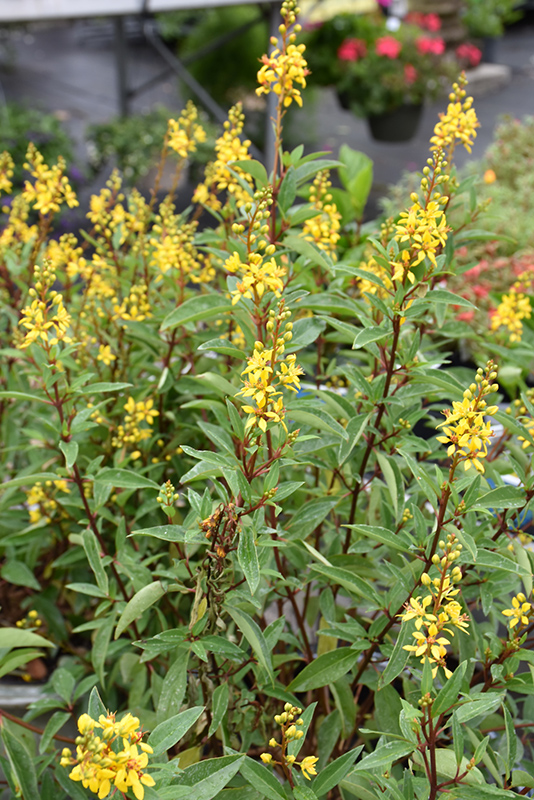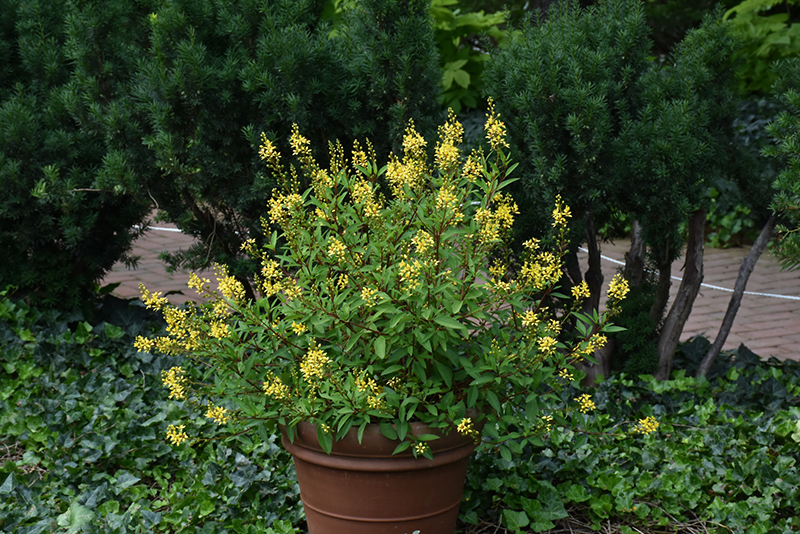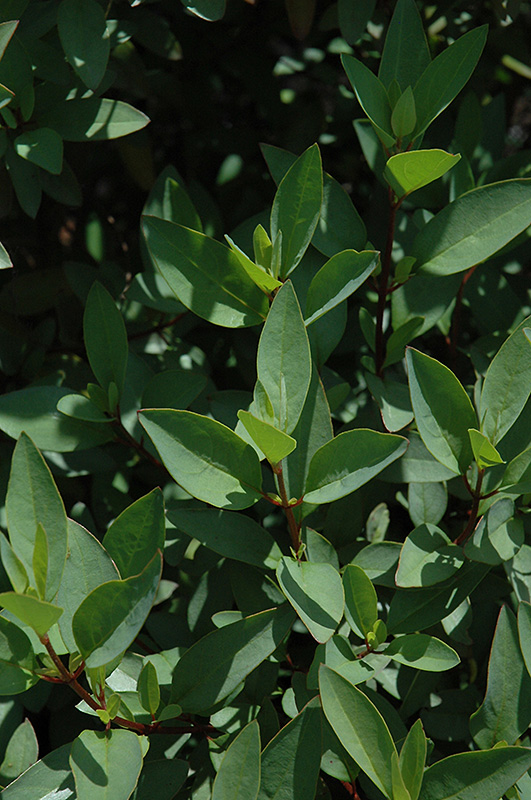Plant Finder
Height: 6 feet
Spread: 6 feet
Sunlight:
![]()
![]()
Hardiness Zone: 8
Other Names: Golden Thryallis, Rain of Gold, Shower of Gold
Description:
This variety is great for foundation plantings, or shearing into low hedges; showy yellow flower clusters in fall, or sporadically all year in warmer areas; shiny light green leaves take on bronzy tones in cooler weather; excellent in containers as well
Ornamental Features
Thryallis features showy clusters of yellow star-shaped flowers at the ends of the branches from late summer to mid fall. It has attractive green evergreen foliage. The glossy pointy leaves are highly ornamental and remain green throughout the winter. It produces olive green capsules in late fall. The smooth bark and brick red branches add an interesting dimension to the landscape.
Landscape Attributes
Thryallis is a multi-stemmed evergreen shrub with a more or less rounded form. Its average texture blends into the landscape, but can be balanced by one or two finer or coarser trees or shrubs for an effective composition.
This shrub will require occasional maintenance and upkeep, and can be pruned at anytime. It has no significant negative characteristics.
Thryallis is recommended for the following landscape applications;
- Mass Planting
- Hedges/Screening
- General Garden Use
- Groundcover
- Naturalizing And Woodland Gardens
Planting & Growing
Thryallis will grow to be about 6 feet tall at maturity, with a spread of 6 feet. It has a low canopy, and is suitable for planting under power lines. It grows at a medium rate, and under ideal conditions can be expected to live for 40 years or more.
This shrub does best in full sun to partial shade. It is very adaptable to both dry and moist growing conditions, but will not tolerate any standing water. It may require supplemental watering during periods of drought or extended heat. It is not particular as to soil pH, but grows best in sandy soils. It is somewhat tolerant of urban pollution. Consider applying a thick mulch around the root zone in winter to protect it in exposed locations or colder microclimates. This species is not originally from North America.



